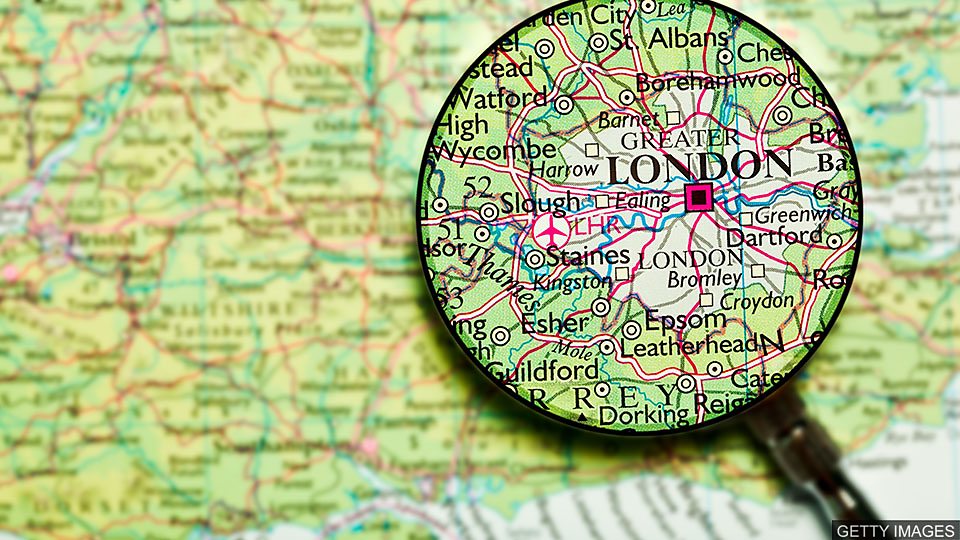考古学家说,伦敦最早的剧场可能是在白教堂地区(Whitechapel)的一个房屋重建项目中发现的。红狮剧院(The Red Lion)被认为是英国伊丽莎白时代第一个专门建造的剧院,但剧院的位置一直存在争议。
References to the theatre are tantalisingly scarce. It's mentioned only in two lawsuits, in 1567 and 1569, between the proprietor John Brayne and the carpenters who were working on its construction, but the actual location has remained a mystery.
有关这座剧院的资料少之又少。它只在1567年和1569年的两起诉讼中被提及,诉讼双方是剧院所有人约翰·布莱恩和当时负责建造它的木匠们,但剧院的实际位置一直是个谜。
Then, in January last year, archaeologists working in east London uncovered the remains of an unusual rectangular timber structure. The dimensions match those for the stage mentioned in the lawsuits.
去年1月,在伦敦东部工作的考古学家们发现了一个不同寻常的长方形木结构遗迹。这个木结构的尺寸与诉讼中提到的舞台大小相匹配。
Dozens of postholes around the structure appear to correspond with tiers of wooden seating, which were also described in the legal documents. Bones and artefacts that were uncovered show the site went on to become a baiting pit and pub before homes and warehouses were later built on it.
这个木结构周围的几十个柱坑似乎与木座椅的多层结构相吻合,这些木椅层在法律文件中也有描述。挖掘出的骨头和人工制品表明,在后来建造房屋和仓库之前,这个地方曾一直是一个逗熊场兼酒吧。
It's now being redeveloped with plans to incorporate a performance space near the original stage.
此地现正在重新被改建,计划在原舞台附近纳入一个表演空间。
词汇
scarce 稀少的,罕见的
proprietor 所有人,业主
carpenters 木工,木匠
remains 遗迹
timber 木材
dimensions 尺寸,大小
stage 舞台
seating 座椅
uncovered 被挖掘出
baiting pit (英国伊丽莎白时代盛行的)以狗逗熊游戏表演场
阅读理解:请在读完上文后,回答下列问题。
1. True or false? The Red Lion is mentioned in many historical documents.
2. What two pieces of evidence do we have to prove the theatre existed?
3. Who uncovered the remains of the theatre?
4. According to the article, what was the site used for after it was a theatre?
答案
1. True or false? The Red Lion is mentioned in many historical documents.
False. References to the theatre are tantalisingly scarce. This means it is mentioned in very few historical documents.
2. What two pieces of evidence do we have to prove the theatre existed?
They were the two lawsuits in 1567 and 1569 between the proprietor John Brayne and the carpenters who were working on its construction.
3. Who uncovered the remains of the theatre?
Archaeologists working in east London uncovered the remains of the theatre.
4. According to the article, what was the site used for after it was a theatre?
According to the article, the site went on to become a baiting pit and pub before homes and warehouses were later built on it.


 3342次下载
点击下载
3342次下载
点击下载
 2621次下载 点击下载
2621次下载 点击下载
 4734次下载 点击下载
4734次下载 点击下载
 1854次下载 点击下载
1854次下载 点击下载
 1391次下载 点击下载
1391次下载 点击下载
 1391次下载 点击下载
1391次下载 点击下载











